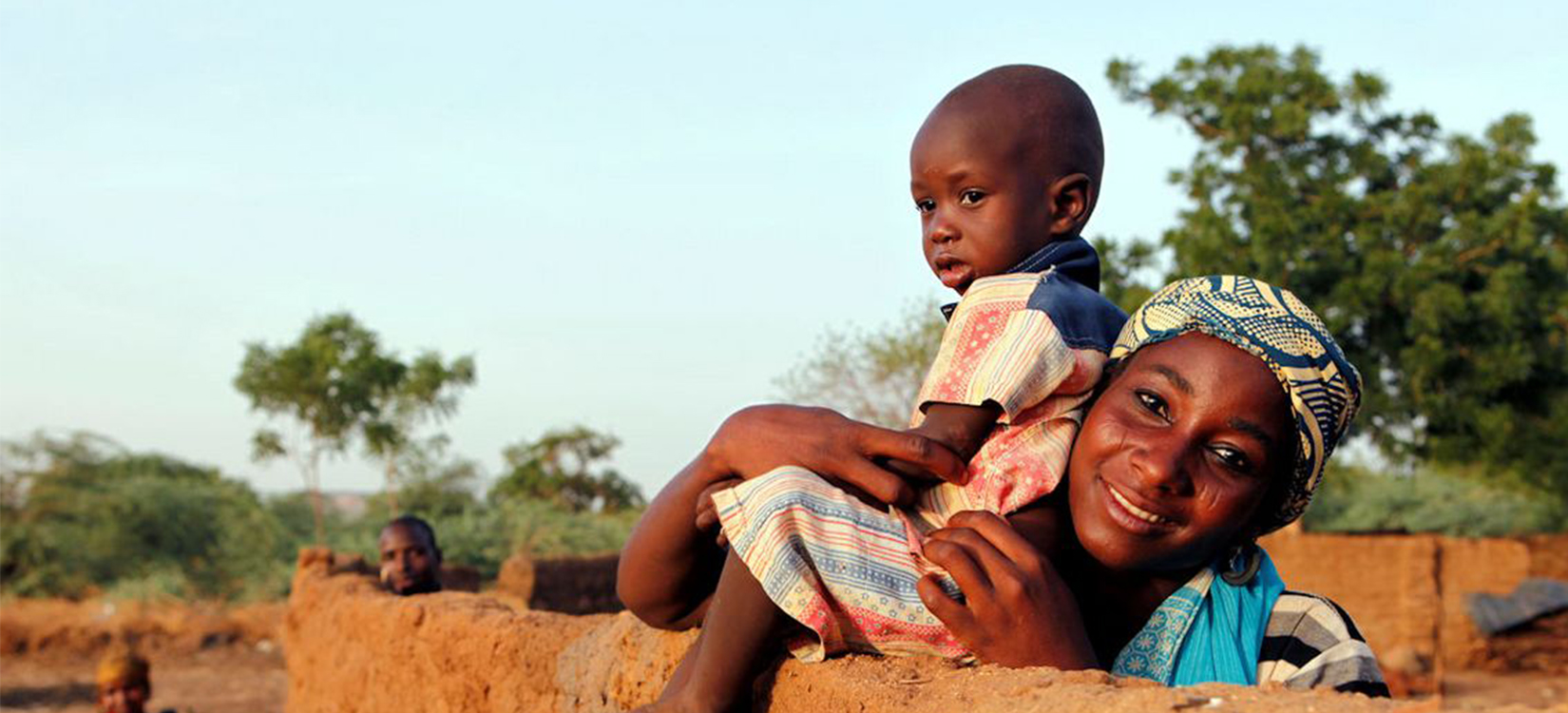Social Care or Social Murder? (A 35th EDSA Anniversary Statement)

The Shock Responsive Social Protection Systems Research (SRSPS) literature defines social care as “prevention services that are intended to develop the collective psychosocial resilience of communities and which are planned and delivered in advance of untoward events and basic humanitarian and welfare services that should be made available to everyone.”
Because of the pandemic, a comprehensive vaccination program is one of the most sought-after social care by everybody. As of February, 23, 2021, the country has already 564,865 cases and 12,107 deaths. Worse, “the percentage of confirmed COVID-19 cases that resulted in death was at its highest level in seven months (ABS-CBN News, 2021). That means COVID-19 deaths are growing faster than confirmed cases. It means the disease is killing Filipinos at a faster rate (ABS-CBN,2021). Covid-19 has also crippled the economy, with 7.2 million jobless Filipinos (The Straits Times, 2020), most of whom in the informal sector and lacking access to social protection measures.
Yet, the efforts of the government to put into place a comprehensive vaccination program is in dis-array, having no sense of urgency at all.
According to Rappler, “for nearly a year, President Duterte used speech after speech to claim that salvation from the pandemic would come from one thing only: vaccines.” Yet, The Philippine National Deployment and Vaccination Plan for COVID-19 Vaccines Interim Plan was only released by the Department of Health (Philippines) last January 2021, a year after the first case of COVID-19 in the country with a 38-year-old female Chinese national was registered.
Government’s hollowed assurance was issued when vaccine czar Carlito Galvez Jr “outlined the ambitious targets the government had for its vaccine program: secure at least 148 million vaccine does and inoculate 50 to 70 million within 2021.” He added that “the vaccines would arrive by mid-February.” Both the national and the local government units “have conducted vaccination rehearsals left and right, with much media coverage. Everything seems to be a picture perfect -save for the absent vaccines themselves.”
Rappler reported that “the government held talks with at least seven suppliers with corresponding number of possible vaccines from each, yet no definite supply agreements were signed. As early as June 2020, Pfizer had already reached out to the Philippine government but it was only in October, 2020 or about four months later that a key document (the confidentiality date agreement) was signed.”. According to yesterday’s Philippine Daily Inquirer (PDI) copy, “the manufacturers require an indemnity law in the country to avoid lawsuits in case people suffer from adverse side effects after vaccination.” PDI added that “the need for an indemnity law has been known since the last quarter of 2020 yet it is only last month that the senators were told the country needed an indemnification law to get vaccine.” The politicization of vaccine did not only erode the public’s trust to measures that work; it also prevented us from getting the much-needed doses to protect our people and allow them some semblance of normalcy that some of our ASEAN neighbors are already enjoying.
While it is true “that wealthy nations representing just 13 percent of the world’s population have already cornered more than half (51 percent) of the promised doses of leading COVID-19 vaccine candidates and that the same companies simply do not have the capacity to make enough vaccines for everyone who needs one”, according to Oxfam International, the government does not have to go into trading our nurses for vaccines as if they are nothing more than an important commodity. With the limit of medical practitioners leaving the country to 5,000 a year, Alice Visperas, director of the Department of Labor and Employment (DOLE) international affairs bureau, said that “the Philippines is open to lifting the cap in exchange for vaccines from Britain and Germany, which it would use to inoculate outbound workers and hundreds of thousands of Filipino repatriates.”
Finally, the country will reportedly have its first delivery of its first COVID-19 vaccines this weekend and consequently, will start its inoculation program by next week. But even this expected arrival of “Sino vaccines” put doctors “in a quandary on who should be prioritized” because of the restrictions imposed by the Food and Drug Administration (FDA). Earlier, the FDA did not allow the vaccines to be used in the inoculation of health workers “who have high exposure to the virus”, according to the PDI’s today’s issue.
Engels had earlier defined social murder as “murder committed by the political and social elite where they knowingly permit conditions to exist where the poorest and most vulnerable in society are deprived of the necessities of life and are placed in a position in which they cannot reasonably be expected to live and will inevitably meet an early and unnatural death.”
The National Economic and Development Authority (NEDA) chief recommended “to place the entire country under the lowest form of community quarantine starting March 1, as he cited the country’s need to recover from huge economic losses (Strait Times, 2021). But as Helicona Foundation puts it succinctly, “when a society regrets the economic loss more than the loss of life, it doesn’t need a virus, it is already sick.”
Social work shares with the fundamental belief that any attempt to save a life was, is and will always be urgent.


